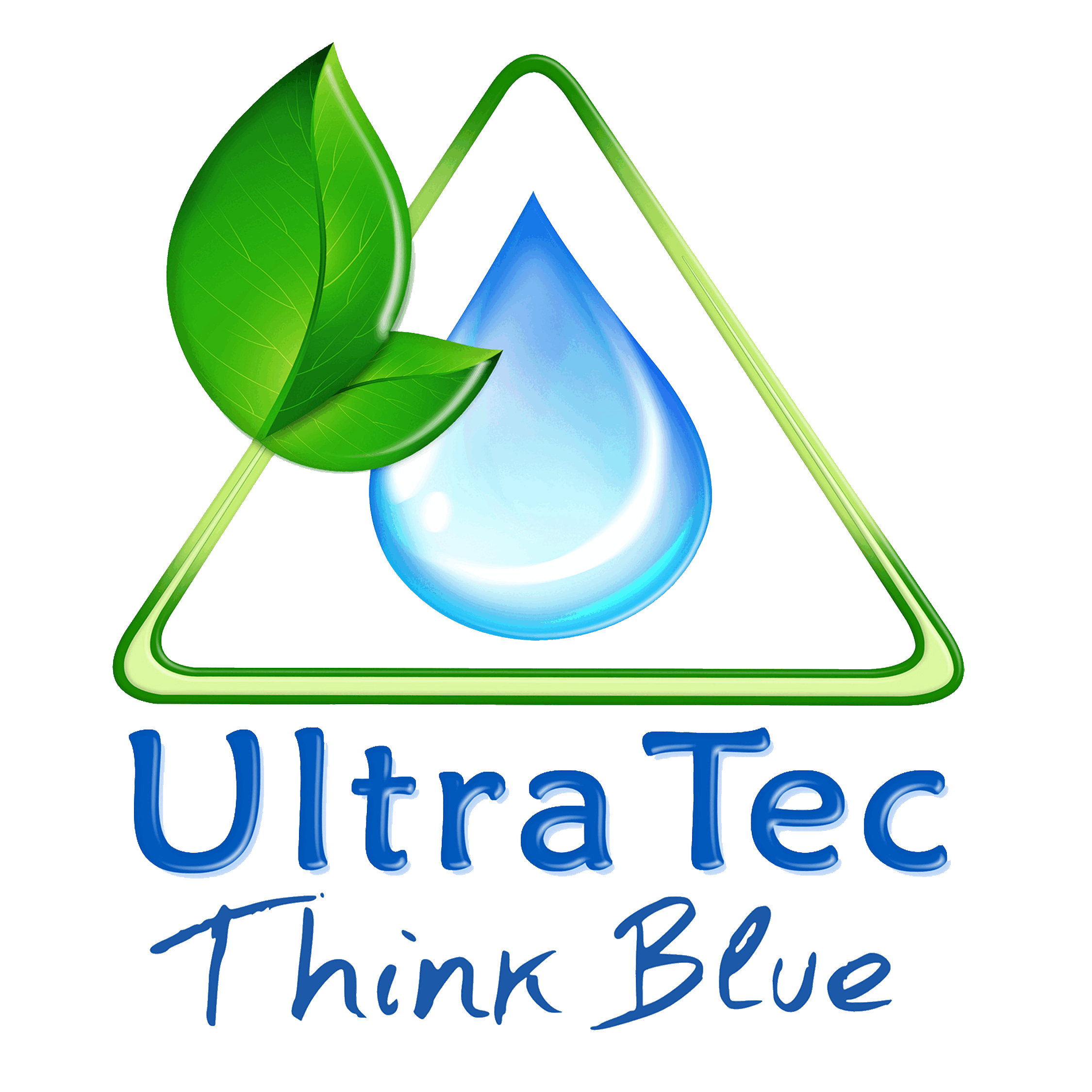All You Need to Know About Swimming Pool Chlorination System
Swimming is one of the most popular and refreshing activities, especially during the summer season. If you own a swimming pool, you are already aware of the joy and relaxation it can bring. However, owning a swimming pool comes with a significant responsibility of maintaining its hygiene and safety for swimmers. One of the essential components of swimming pool maintenance is chlorination. In this blog, we will explore the swimming pool chlorination system, its importance, and how it works.
What is a Swimming Pool Chlorination System?
Swimming pool chlorination system refers to the process of adding chlorine to the pool water to disinfect it from harmful bacteria, viruses, and other contaminants. Chlorine is a powerful disinfectant that kills germs and prevents the growth of algae and other microorganisms in the pool. There are several types of pool chlorination systems available, including saltwater chlorination, traditional chlorine-based systems, and UV-based systems.
How does a Swimming Pool Chlorination System Work?
A swimming pool chlorination system works by adding chlorine to the pool water through a chemical feeder or by pouring it directly into the pool. Chlorine dissolves in the water and creates hypochlorous acid, which is a potent disinfectant. The hypochlorous acid kills bacteria, viruses, and other harmful contaminants in the pool water, making it safe for swimming.
Types of Swimming Pool Chlorination Systems:
There are several types of swimming pool chlorination systems available in the market. Let’s take a look at some of the most common types.
- Saltwater Chlorination System: A saltwater chlorination system uses salt to generate chlorine through electrolysis. The system is easy to use, cost-effective, and requires minimal maintenance.
- Traditional Chlorine-Based System: A traditional chlorine-based system is the most common type of pool chlorination system. It involves adding chlorine tablets or granules directly to the pool water through a chemical feeder.
- UV-Based System: A UV-based system uses ultraviolet light to kill bacteria and other contaminants in the pool water. The system is effective, eco-friendly, and requires minimal maintenance.
Benefits of Using a Swimming Pool Chlorination System
Using a swimming pool chlorination system offers several benefits, including:
- Keeps the pool water clean and safe for swimming
- Prevents the growth of algae and other microorganisms in the pool
- Reduces the risk of waterborne illnesses and infections
- Extends the life of pool equipment and reduces maintenance costs
- Provides a comfortable swimming experience for swimmers
How to Choose the Right Swimming Pool Chlorination System
Choosing the right swimming pool chlorination system depends on several factors, including the size of the pool, the type of pool, and personal preferences. Some factors to consider when choosing a chlorination system include:
- Type of pool: Different types of pools require different types of chlorination systems. For example, a saltwater chlorination system is suitable for a fiberglass pool, while a traditional chlorine-based system is suitable for a concrete pool.
- Budget: The cost of a chlorination system can vary depending on the type and brand. Consider your budget and choose a system that meets your requirements.
- Maintenance: Some chlorination systems require regular maintenance, while others are low-maintenance. Choose a system that fits your lifestyle and maintenance preferences


